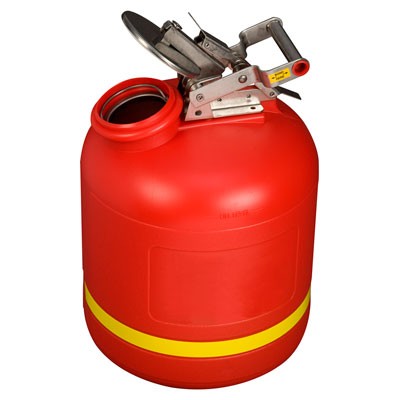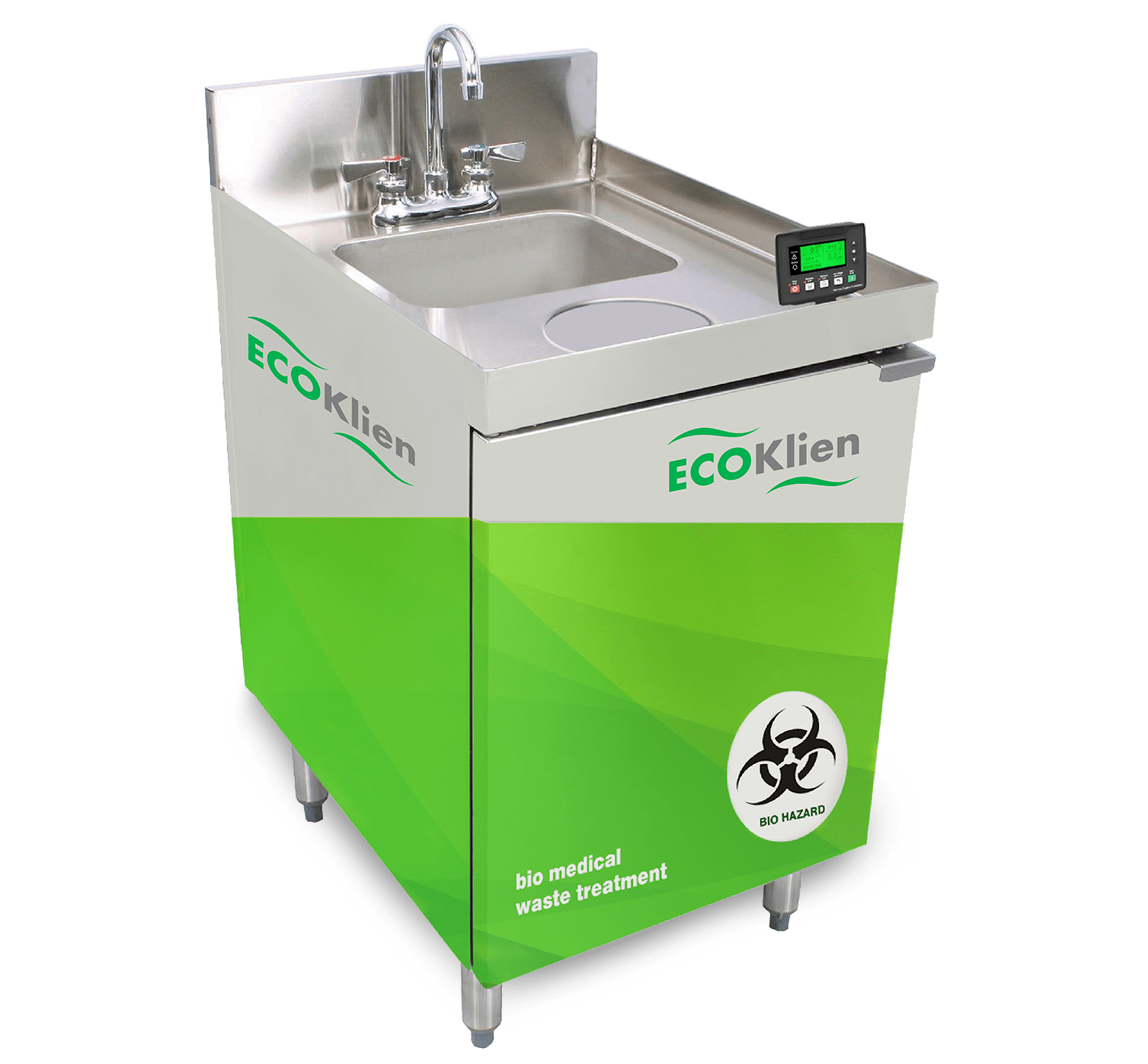Leading Industrial Wastewater Treatment Solutions: Guaranteeing Compliance and Effectiveness
Wiki Article
Understanding the Comprehensive Process of Liquid Garbage Disposal: Best Practices and Environmental Influence Factors To Consider
The management of fluid garbage disposal is a diverse issue that requires a complete understanding of various finest methods and their associated environmental influences. From the kinds of fluid waste created to the methods utilized for collection, treatment, and last disposal, each step plays a critical duty in securing ecosystems and public wellness. As regulative requirements develop and innovation breakthroughs, the discussion around these processes becomes increasingly pertinent. What implications do these modifications hold for future sustainability efforts, and how can stakeholders ensure that they are appropriately dealt with?Kinds Of Fluid Waste
Recognizing the different kinds of liquid waste is vital for reliable management and disposal practices. Fluid waste can be broadly categorized right into several kinds, each needing unique handling and therapy methods.Industrial fluid waste commonly includes unsafe materials, consisting of heavy steels, solvents, and chemicals, generated throughout making procedures. These wastes require strict governing conformity to secure human wellness and the setting. Domestic fluid waste primarily describes wastewater created from homes, including sewage and greywater, which, although much less toxic, can still position substantial dangers if incorrectly handled.
Agricultural fluid waste, including drainage from farms, typically includes fertilizers and pesticides that can result in environmental destruction otherwise dealt with effectively. Clinical fluid waste, produced from health care centers, consists of polluted liquids such as physical liquids and chemicals, requiring specialized disposal methods to avoid infection and environmental contamination.
Last but not least, oil and grease waste, typically created by restaurants and vehicle industries, can cause extreme blockages in sewer systems otherwise handled properly. Understanding these categories facilitates targeted approaches for treatment, compliance with laws, and effective disposal approaches, eventually promoting environmental sustainability and public health and wellness safety and security.

Collection Techniques
Reliable collection techniques are vital for the appropriate monitoring of fluid waste, guaranteeing that it is gathered securely and efficiently prior to treatment or disposal. Different strategies are employed relying on the type of liquid waste created, the quantity, and the specific qualities of the waste.One common method is using specialized collection storage tanks or sumps, which are designed to catch fluid waste at the resource. These systems typically include pumps that promote the transfer of waste to larger storage space containers or treatment centers. Furthermore, mobile collection devices geared up with vacuum cleaner innovation are employed in situations where waste is produced intermittently or in hard-to-reach areas.
For commercial settings, closed-loop systems can successfully decrease leaks and spills, permitting for the recuperation and reuse of fluid waste. It is also necessary to train workers on proper collection procedures to reduce dangers related to unsafe substances.
Additionally, applying regular maintenance routines for collection devices makes certain ideal performance and security. The combination of sophisticated tracking systems can boost collection effectiveness by providing real-time information on waste levels and prospective hazards. In general, efficient collection methods are foundational to sustainable fluid waste administration techniques.
Therapy Procedures
Therapy processes play a vital role in the administration of liquid waste, changing potentially hazardous materials right into reusable resources or secure effluents - liquid waste disposal. These processes can be generally classified right into physical, chemical, and organic approaches, each customized to attend to details impurities present in the waste streamPhysical treatment approaches, such as next sedimentation and filtering, job by removing suspended solids and particulate matter. These strategies are commonly the very first step in the treatment chain, effectively minimizing the lots on succeeding processes. Chemical therapies include the usage of reagents to neutralize harmful materials, speed up hefty steels, or oxidize organic pollutants, consequently improving the safety of the effluent.
Organic therapy processes, consisting of triggered sludge systems and anaerobic food digestion, maximize the all-natural abilities of bacteria to degrade natural issue. These methods are particularly efficient for wastewater including naturally degradable contaminants. Advanced treatment innovations, such as membrane layer purification and progressed oxidation processes, are significantly used to attain greater degrees of purification.
Including a combination of these therapy approaches not only ensures conformity with regulative criteria but additionally promotes environmental sustainability by recuperating useful resources from fluid waste.
Disposal Options
Exactly how can companies guarantee the secure and responsible disposal of fluid waste? Reliable disposal options are important for securing public health and wellness and the environment. The main approaches include land therapy, disposal, and incineration adhered to by discharge into municipal wastewater systems.Land disposal involves the mindful control of liquid waste in designated landfills, ensuring that it does not seep into surrounding soil or water. Incineration, on the various other hand, topics liquid waste to high temperatures, converting it right into ash and gases, which require proper filtration to reduce discharges. This approach appropriates for contaminateds materials that can not be dealt with through traditional means.
In situations where fluid waste can be dealt with, companies may opt for biological or chemical treatment procedures to counteract damaging components before releasing the treated effluent into local systems. This course commonly aligns with regulatory demands, making sure that the effluent meets safety and security criteria.
Inevitably, organizations should perform extensive assessments of each disposal alternative to establish its viability, considering variables such as waste structure, regulative conformity, and potential threats to wellness and the setting. By choosing proper disposal techniques, services can add to an accountable waste administration strategy.
Ecological Effect
The environmental influence of liquid garbage disposal is a critical factor to consider for organizations seeking to decrease their ecological impact. Improper disposal techniques can lead to considerable contamination of water sources, soil destruction, and damaging results on neighborhood ecological communities. As an example, hazardous fluids can seep into groundwater, posing risks to alcohol consumption water supplies and water life. Additionally, the more info here discharge of untreated or improperly treated waste into surface area waters can cause eutrophication, bring about oxygen deficiency and the succeeding fatality of fish and other microorganisms.
To minimize these effects, organizations have to adopt ideal methods such as executing rigorous waste therapy procedures, advertising recycling and reuse, and sticking to governing requirements. By taking a positive method to liquid waste monitoring, entities can substantially lower their environmental footprint while sustaining sustainable advancement goals. Eventually, a comprehensive understanding of the ecological impacts connected with fluid garbage disposal is essential for informed decision-making and responsible stewardship of natural deposits.
Conclusion
Reliable monitoring of fluid waste is important for protecting ecological stability and public wellness. Ultimately, a comprehensive understanding of liquid waste disposal not only alleviates environmental effects however additionally cultivates a dedication to liable resource monitoring and ecological stewardship.The administration of liquid waste disposal is a multifaceted issue that requires an extensive understanding of different best methods and their linked ecological impacts. From the kinds of fluid waste generated to the techniques employed for collection, therapy, and final disposal, each step plays a vital role in guarding ecosystems and public health and wellness.The ecological impact of fluid waste disposal is a vital consideration for companies looking for to reduce their eco-friendly footprint. Ultimately, a detailed understanding of the environmental impacts associated with fluid waste disposal is crucial for informed decision-making and responsible stewardship of natural resources.
Eventually, an extensive understanding of fluid waste disposal not only alleviates environmental effects however also cultivates a dedication to liable source management and environmental stewardship.
Report this wiki page